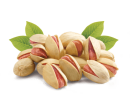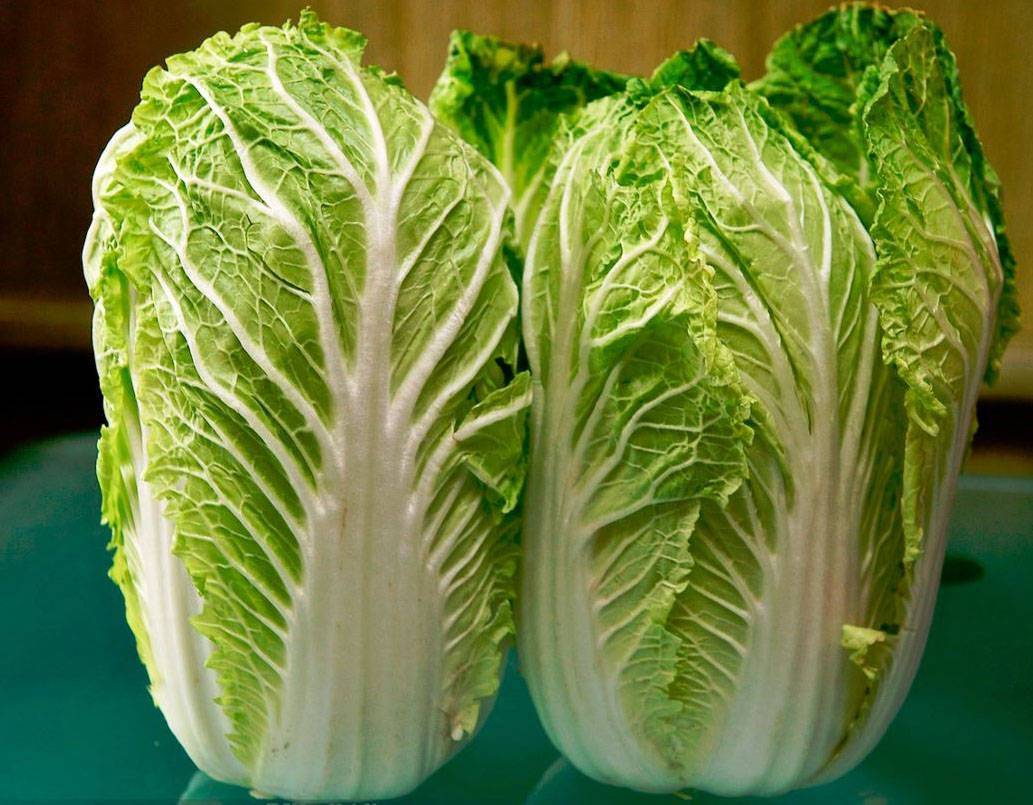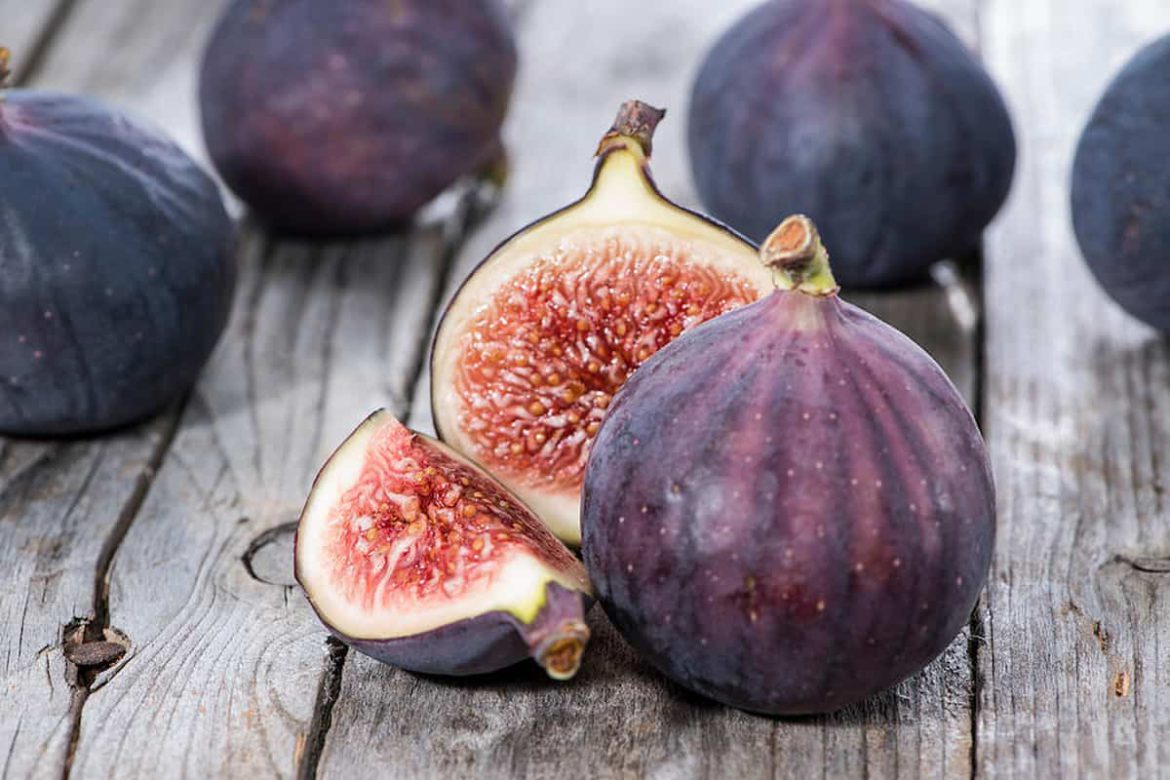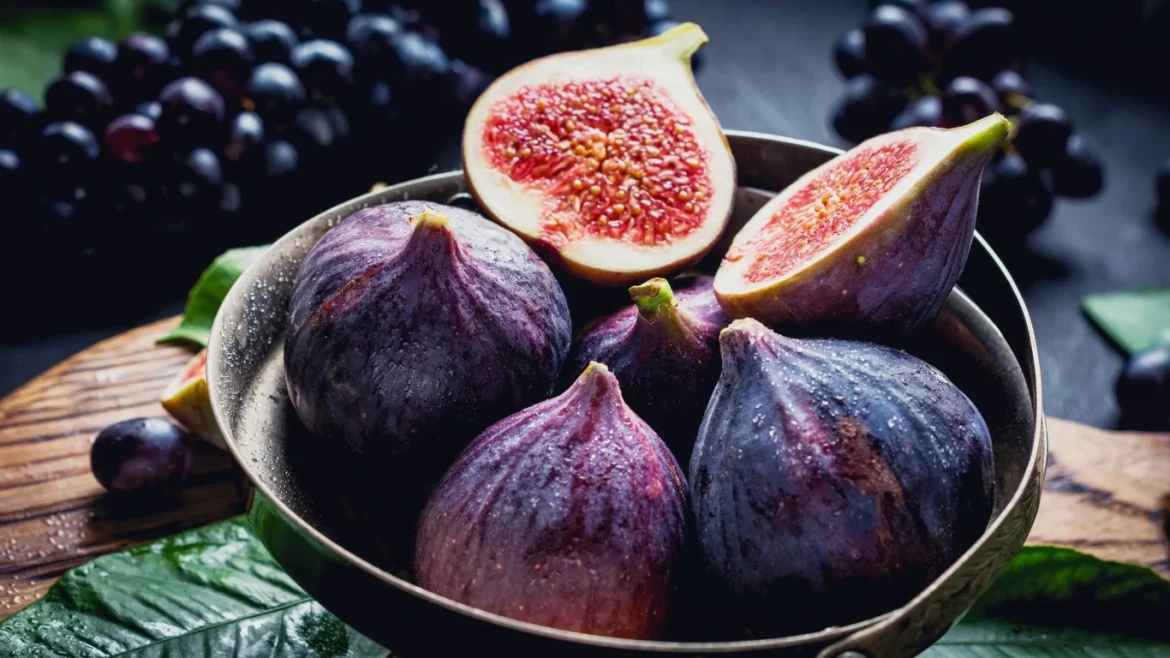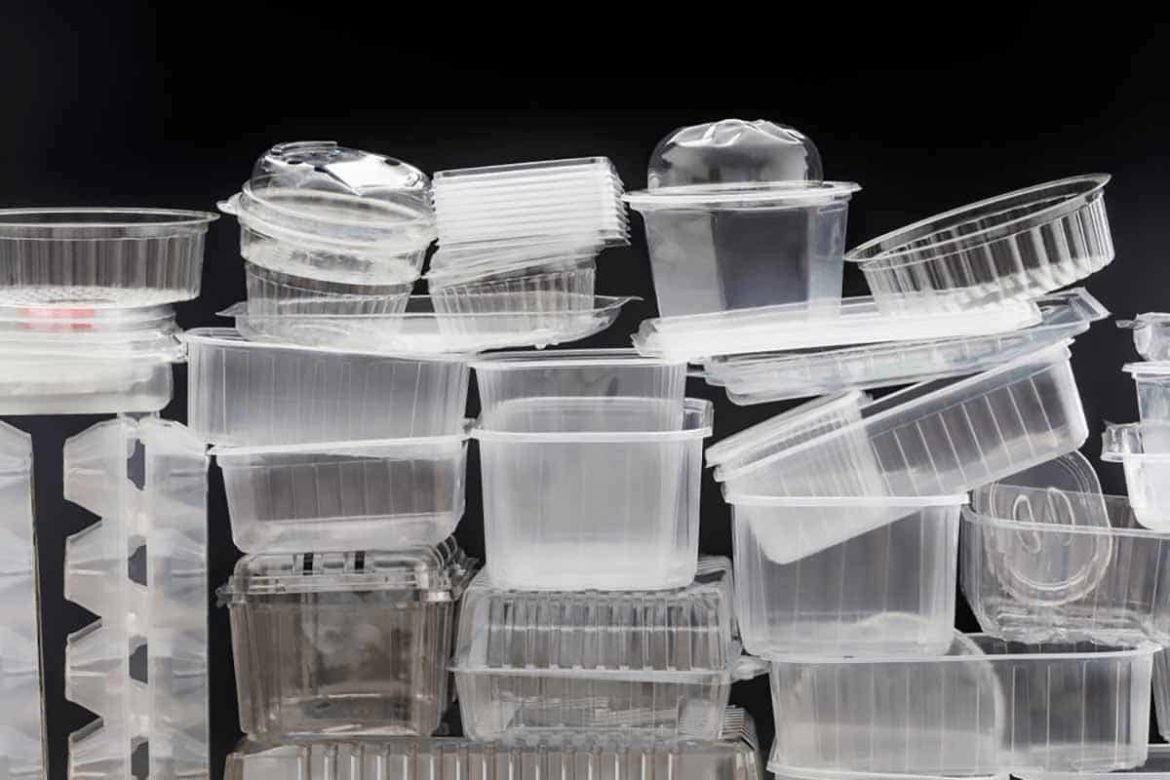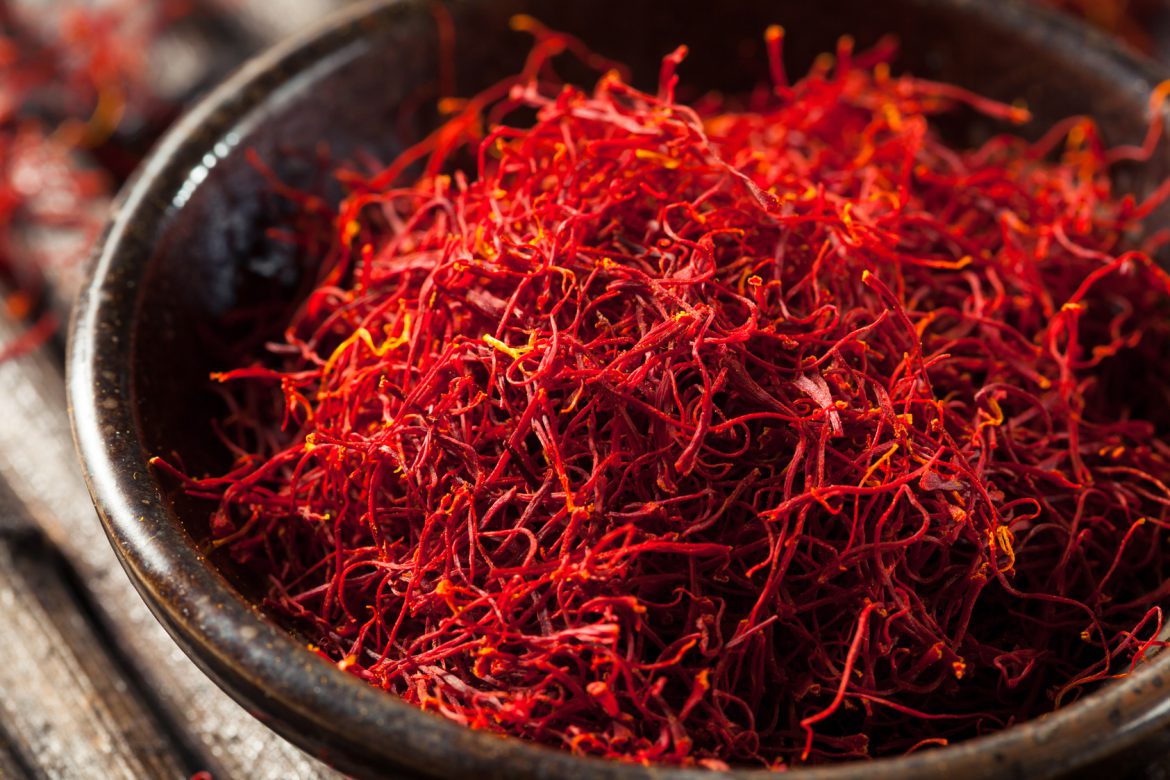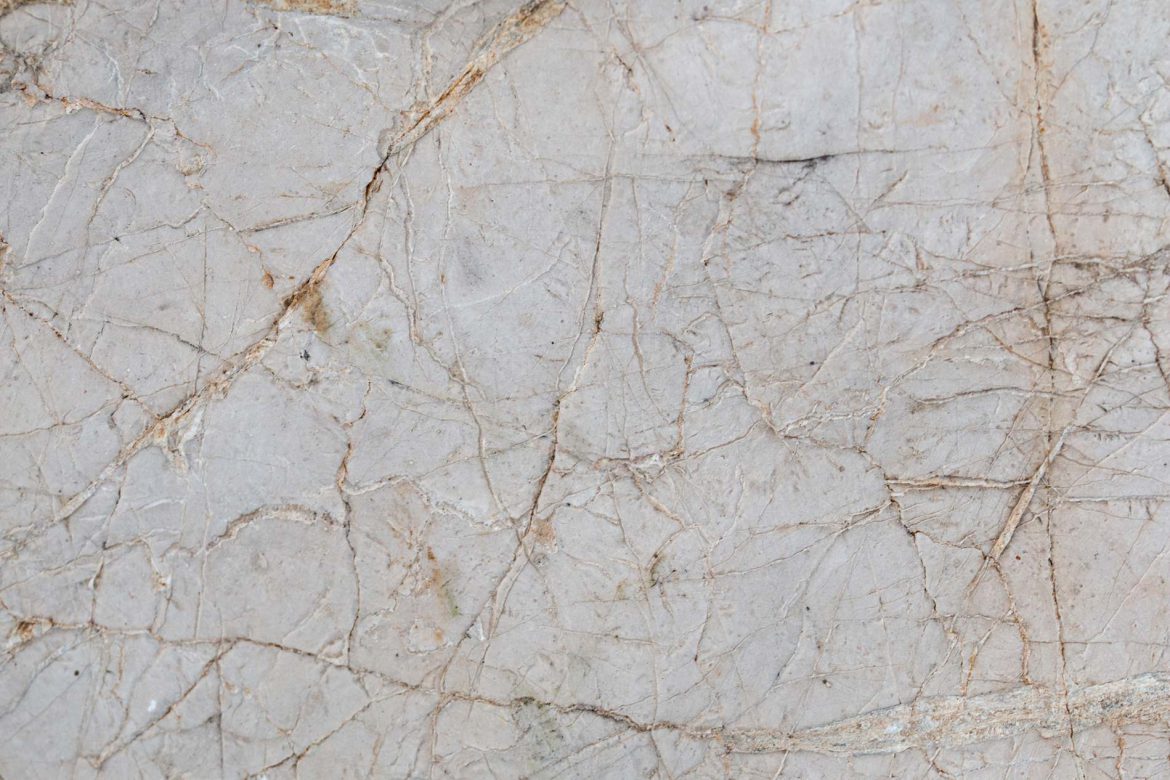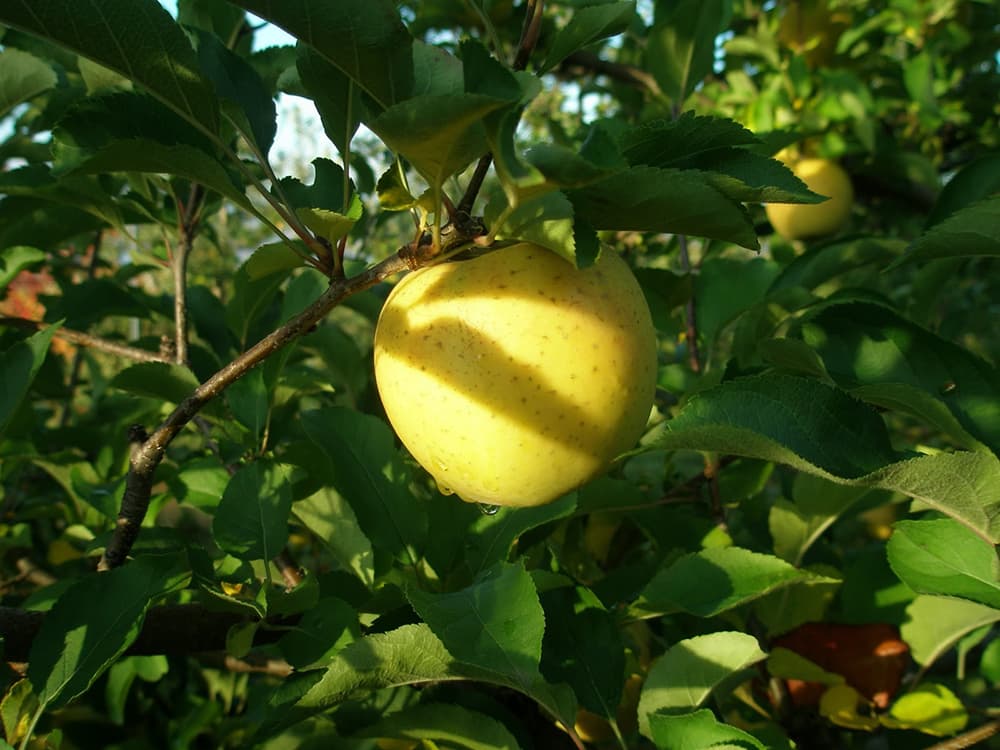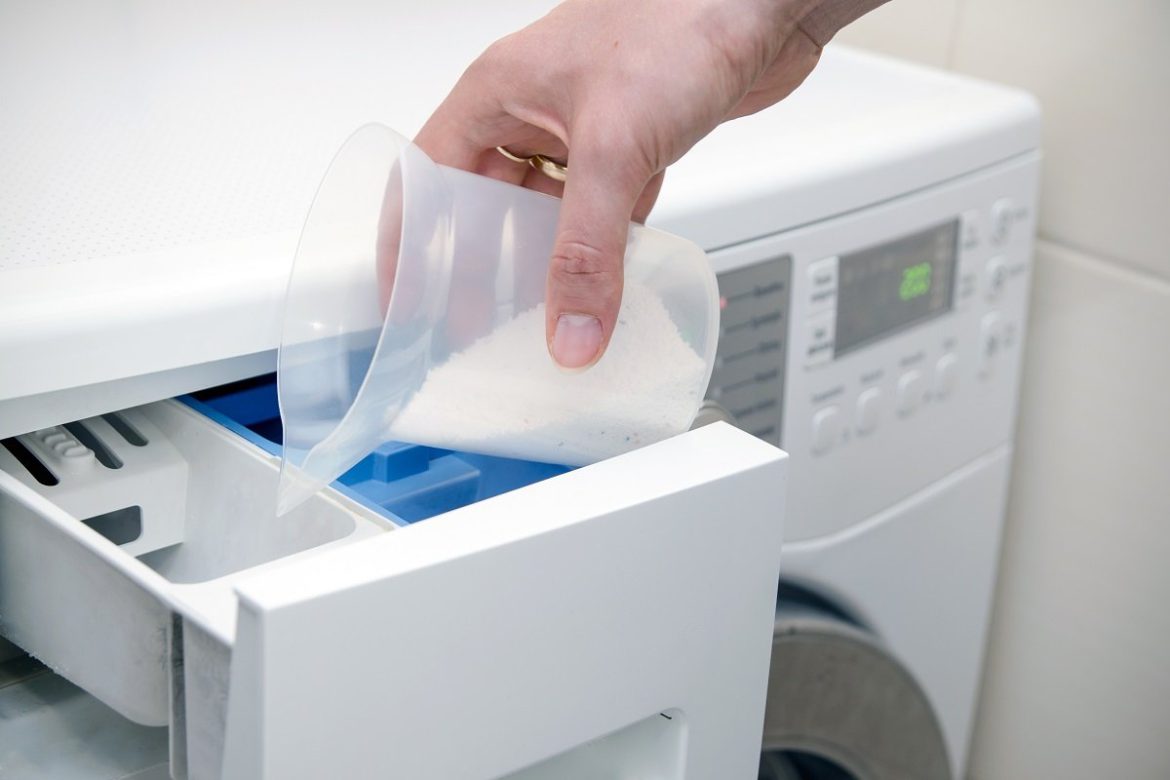Pistachios do not change blood pressure or weight gain. However, due to its high workload, it is considered a high-calorie snack and should not be consumed too much. To reduce salt and fat in the diet, you should avoid roasted and salted pistachios. It should not be forgotten that 28 grams of pistachios provide more than 10% of the body’s dietary fiber, vitamin B6, vitamin B1, magnesium and phosphorus needs. For more information on the pistachio bulk supply market, visit our site.
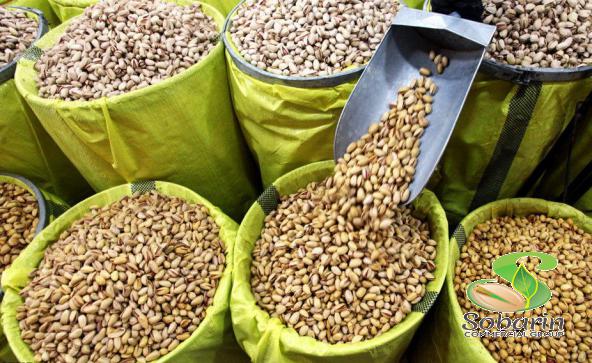
Which country produces the most pistachios?
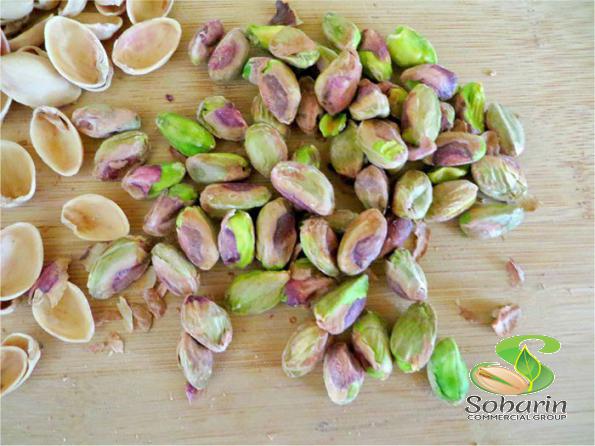 Pistachios contain a lot of fiber. Fiber helps digest food, regulates cholesterol and blood sugar. Pistachios are one of the best sources of potassium among nuts. The potassium of 1 pistachio is equal to the potassium of 1 orange. The amount of potassium in 2 pistachios is more than 1 banana. The potassium in pistachios helps balance body fluids, regulates heart rate and is very useful in lowering blood pressure. It also contains phosphorus and takes part in the construction of bones and teeth, prevents fatigue and weakness, and is useful in strengthening the muscles of the body.
Pistachios contain a lot of fiber. Fiber helps digest food, regulates cholesterol and blood sugar. Pistachios are one of the best sources of potassium among nuts. The potassium of 1 pistachio is equal to the potassium of 1 orange. The amount of potassium in 2 pistachios is more than 1 banana. The potassium in pistachios helps balance body fluids, regulates heart rate and is very useful in lowering blood pressure. It also contains phosphorus and takes part in the construction of bones and teeth, prevents fatigue and weakness, and is useful in strengthening the muscles of the body.
Pistachios also contain some magnesium, one of the most important minerals in converting food into energy, regulating heart rate and preventing muscle cramps. The iron in pistachios is beneficial for dizziness, fatigue, pallor and anemia. Zinc is very important for strengthening skin, hair and nails. Pistachios contain vitamins B6, B1 and E. Vitamin B6 aids in protein metabolism and also plays a role in food absorption. Vitamin B1 increases energy, strengthens nerve cells and balances appetite. Among the nuts, pistachios have the most antioxidants. As you know, vitamin E is one of the antioxidants and strengthens the immune system, eye health, prevents fatigue and stress, and also prevents cell damage.
Pistachios, like other seeds, prevent heart diseases. It can lower blood cholesterol due to the presence of unsaturated fats. The pistachio tree has compound honeycomb leaves, and the pistachio fruit is botanically classified as a shank fruit. The peanut tree has two bases and both male and female trees are needed to produce fruit. The flowers of the peanut tree lack petals and nectar-producing tubers and do not attract bees, and the pollen is dispersed by the wind. The peanut tree has small leaves that fall in the fall and spend the winter dormant. Pistachio has a hot and dry texture according to ancient Iranian medicine.
The high amount of iron in peanut kernels and the ability of the body to absorb it at high rates has led to the emergence of pistachios for the treatment of iron deficiency anemia. Pistachios also contain some healthy plant proteins, essential fatty acids, fiber, zinc, calcium, phosphorus and vitamin E. Learn all about pistachios Peanut seeds contain vitamin A, iron, unsaturated fatty acids, vitamin E, vitamin B6, B1, B2, potassium, protein, zinc, selenium, phosphorus, folate, phytosterols, calcium, copper and fiber.
Vitamin A in pistachios helps to see in the dark and stimulates the growth of cells and tissues in the body. The iron in pistachios plays an important role in transporting oxygen to cells through the formation of hemoglobin in red blood cells. Monounsaturated fatty acids in pistachios lower bad cholesterol (LDL) and reduce the risk of heart disease. Studies show that those who eat nuts like peanuts regularly (once a week) are 25 percent less likely to develop heart disease. Vitamin E in pistachios helps maintain health and repair tissues, and as an antioxidant, it prevents cancer and heart disease. Vitamin B1 is supposed to help the body cells produce energy from carbohydrates. For more information about peanut supply, visit our site.
pistachio bulk supply in Asia
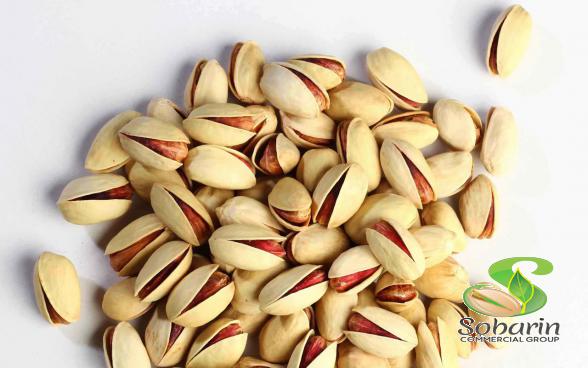 pistachio bulk supply in Asia is done by our company and we deliver this product to the customer with various packages and good prices. So for more information about pistachio supply, visit our site.
pistachio bulk supply in Asia is done by our company and we deliver this product to the customer with various packages and good prices. So for more information about pistachio supply, visit our site.
